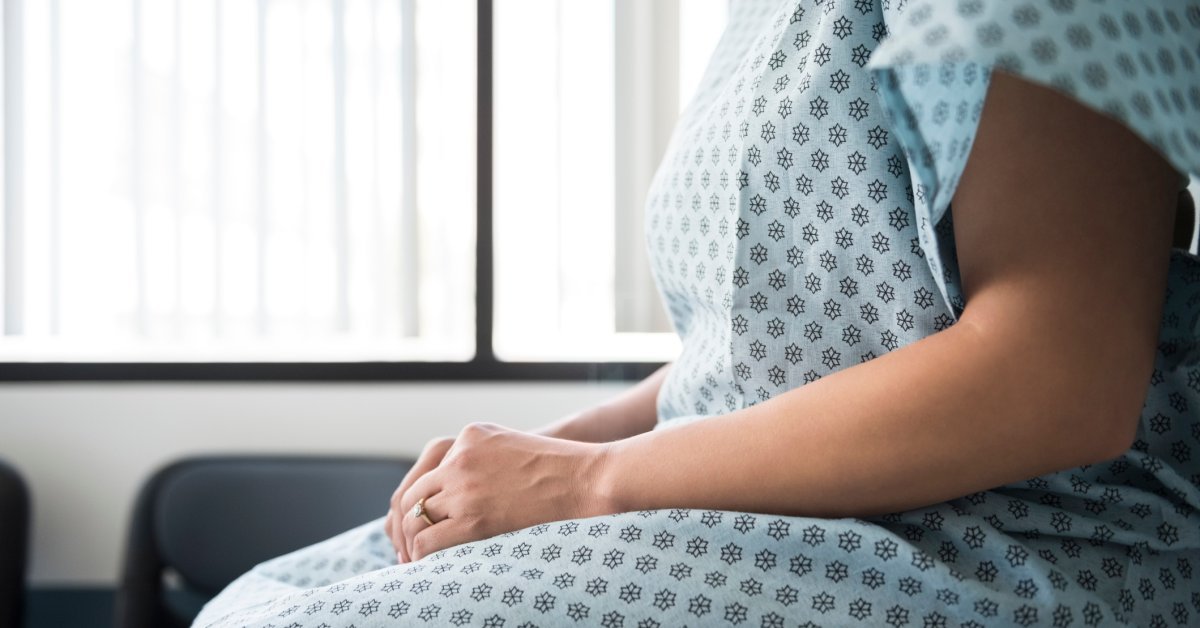Sweeping cuts in President Donald Trump’s “One Big Beautiful Bill” targeting abortion providers threaten to drastically reduce access to a wide variety of sexual and reproductive health care services in Maine—even though the state has protected reproductive rights.
Two organizations—Planned Parenthood and Maine Family Planning—that serve roughly half of the patients in Maine’s entire sexual and reproductive health care network are at risk of being excluded from receiving Medicaid payments thanks to a provision in the tax and spending package, which narrowly passed the Senate on Tuesday and now faces a vote in the House. The provision would prohibit Medicaid funding for any health care services provided by Planned Parenthood and Maine Family Planning for one year.
Medicaid is a state-federal program that provides health insurance coverage for more than 70 million people from low-income households across the country, including hundreds of thousands of people in Maine alone. If the bill passes with that provision included, reproductive health experts fear that some of the most vulnerable patients won’t be able to access the care they need.
The provision applies to health care nonprofit organizations that provide abortions and received more than $800,000 from Medicaid in 2023. Both Planned Parenthood and Maine Family Planning offer abortion services, and abortion is legal in Maine until around fetal viability. But Medicaid dollars don’t fund abortions—with very limited exceptions—and instead cover other, non-abortion health care services that the organizations’ clinics provide, such as birth control, STI testing and treatment, and cancer screenings.
Read More: Trump’s ‘Big Beautiful Bill’ and the Supreme Court Put Planned Parenthood Funding in Jeopardy
Maine Family Planning runs 18 clinics in medically underserved areas in the state, according to the organization’s president and CEO George Hill. The organization also operates a mobile medical unit, which is designed to serve people who may face additional challenges accessing a brick-and-mortar site, such as people who are unhoused or who are struggling with opioid use disorder. Nearly half of the patients who visit Maine Family Planning’s clinics each year are Medicaid eligible, Hill says.
And for about 70% of the patients who visit the organization’s clinics, that is the only health care visit they’ll make in the course of a year, making it their only touchpoint with the health care system, according to Hill. He adds that three of the 18 clinics that Maine Family Planning manages offer primary care services.
Excluding Maine Family Planning from Medicaid would be a “blow to individuals who live in communities that really don’t have a great deal of access to health care,” Hill says. While Hill says it’s not yet clear how the organization will adapt if the bill passes with the provision, he worries that Medicaid recipients wouldn’t have the same level of access to care. About 20% of Maine Family Planning’s annual budget—roughly $1.9 million dollars—comes from Medicaid funding, according to Hill.
“I don’t want to alarm staff, I don’t want to alarm patients,” Hill says. “We’re going to keep providing care to people even [if] we are excluded from the Medicaid program for as long as we can.”
But the organization already runs “very close margins and [has] to fundraise to make up the gaps so that we’re in a position to provide care to people who can’t afford to pay for it,” Hill says. If the bill passes with the provision, Hill says Maine Family Planning will consider litigation.
Planned Parenthood has said that if it is “defunded” by the bill, nearly 200 of its health centers in 24 states will be at risk of closing. More than 90% of those clinics are in states where abortion is legal, according to the organization. About 60% are in medically underserved areas, areas with primary care provider shortages, or rural areas, Planned Parenthood said. If the bill passes, Planned Parenthood warned that more than 1.1 million patients across the country could lose access to health care.
Three Republican Senators broke party ranks to join Democrats in voting against the bill on Tuesday, including Sen. Susan Collins of Maine. In a statement, Collins said that her objections to the bill stem “primarily from the harmful impact it will have on Medicaid, affecting low-income families and rural health care providers like our hospitals and nursing homes.” She added that nearly a third of Maine’s population depends on the Medicaid program. A representative for Collins didn’t immediately respond to a request for comment regarding the senator’s thoughts on the provision targeting Maine Family Planning and Planned Parenthood.
The threat to Maine Family Planning’s Medicaid funding comes after the Trump Administration froze the organization’s Title X funds—as well as funds for 15 other organizations, including some Planned Parenthood affiliates—at the beginning of April. Maine Family Planning, the sole Title X recipient in the state, receives about 20% of its operating budget from the federally funded family planning program. As with Medicaid, the Title X program does not fund abortion care, but does cover other health care services for people from low-income households. While the Maine state legislature recently passed a funding bill that Hill says would help mitigate the loss of Title X funding, those funds will only last for a year. After that, he’s not sure what will happen if the Trump Administration doesn’t restore the organization’s Title X funding.
Hill says that, as an abortion provider receiving federal funds, Maine Family Planning is “in the crosshairs of the Trump Administration.”
“We are not being debarred or excluded from Medicaid on the basis of any fraud or criminal behavior; we’re being excluded because we’re abortion providers, plain and simple,” Hill says. He calls the bill “a backdoor attack to limit access to abortion care in blue states where abortion is legal and accessible by preventing providers like us, like Maine Family Planning and Planned Parenthood, from participating in the Medicaid program.”
“We’re going to fight this,” Hill adds. “This is a public health issue.”
